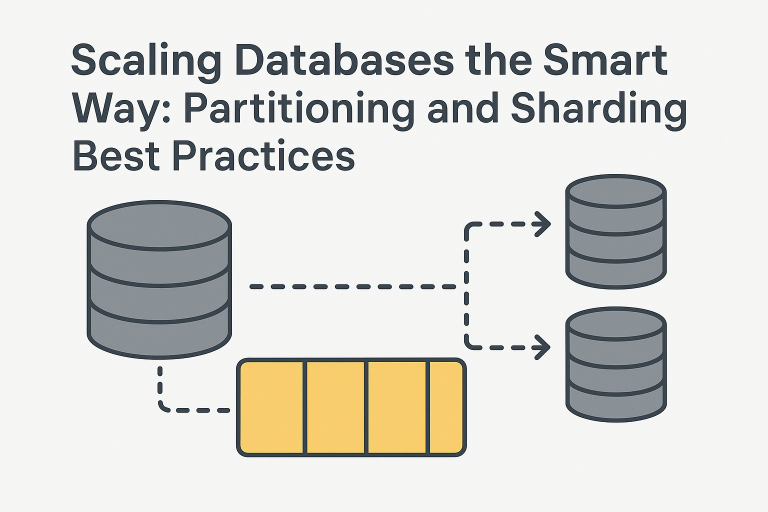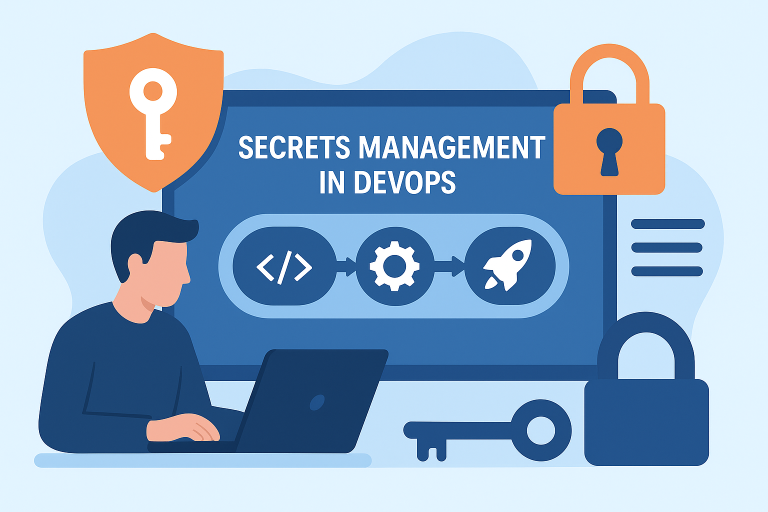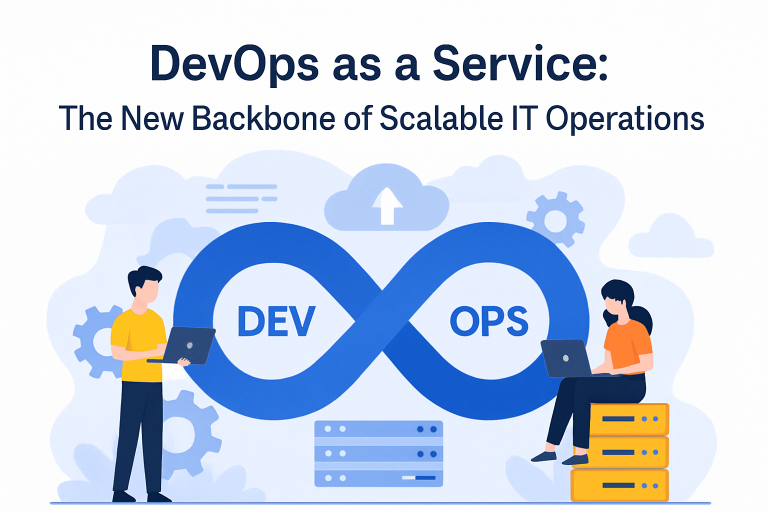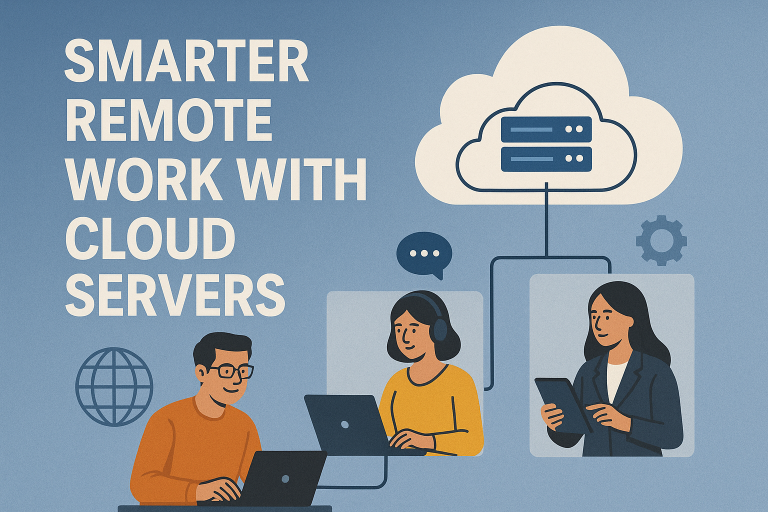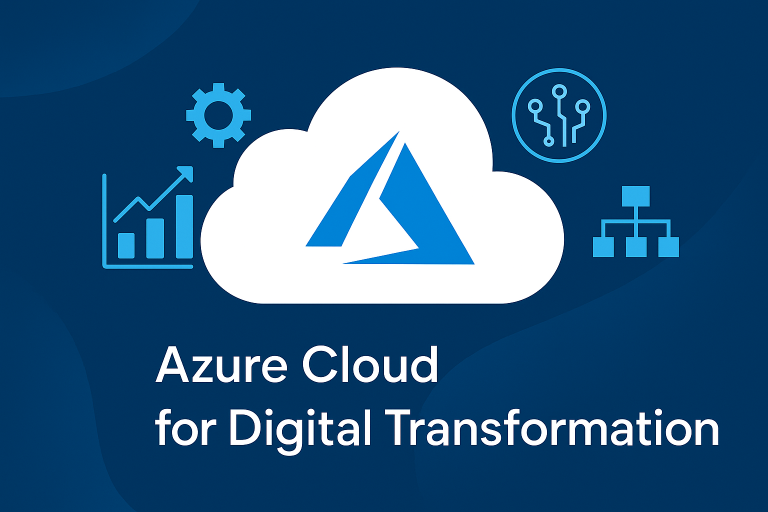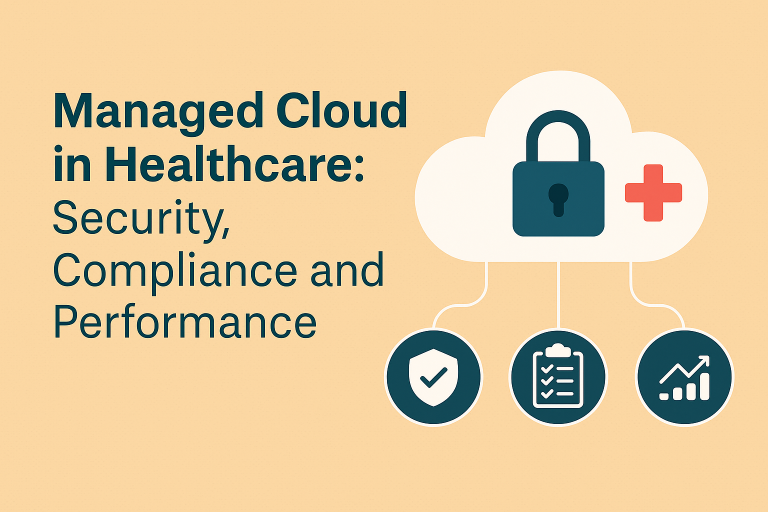
In earlier times, anyone who wanted to build a web application had to own his/her own physical hardware to run the server which was a cumbersome approach. But, gone are the days, and we have come a long way since then. We are now in the age of serverless cloud computing where you don’t need to worry much about the underlying infrastructure. You can easily write and deploy your codes without having to bear the pain of owning and managing a physical server. That’s the beauty of serverless cloud computing. The benefits of serverless computing are manifold, but before talking about the benefits, let’s see how serverless cloud computing works.
Keeping it brief, serverless computing is an architecture in which a serverless computing provider provides backend services as they are needed. The biggest benefit is cost saving and efficiency. The server provider handles the resource scaling and everything else. You only need to pay for the resources you are using and only when your application takes up the resources. If you are not using the resources, you don’t need to pay at all. Hence, there is no need for pre-provision or over-provision capacity which you otherwise would have been using for storage and computing.
Here are some benefits of why you should consider serverless cloud computing
Today users love speed and faster access to everything. Recent studies say that users wait for 2 seconds or less for a page to load and if not, they simply move on. If you want to make your online business prominent and reach out to a larger audience base then you need to pay attention to your page load time. A statistic reveals that 64 percent of online shoppers are dissatisfied with an online shopping experience because of slow page load time. This means not only websites are losing out traffic who could have earned the revenue, but they will also not recommend the website to others. That further adds up to revenue loss. And in this age of social media, words spread faster than light!
Scalability
Scalability is no doubt one of the biggest benefits of serverless computing. For example, suppose you have built an application with a serverless infrastructure. Now suppose you did an awesome job and your user base grows. You don’t need to bother about the backend, because the serverless infrastructure scales up automatically. It can process requests from multiple users with the same efficiency as it would handle it from a single user. On the other hand, a traditional structured application has its limited capacity and it would be overwhelming for it to manage a sudden spike in traffic.
No server management
Which means you don’t need to go through the additional pain of managing a server, no need of an administrator or software runtime to install.
Save cost
Serverless technology offers ‘pay-as-you-go’ model which means you pay for what you use. As you pay only for resources used, that alone lets you save a lot especially when you have less traffic and you are actually not utilising any resources. To put it the other way, you pay only for the resources you are utilizing.
Decreased time to market
With a serverless computing technology, your developers are more empowered to design products faster. They can easily rely on third party APIs for different services like authentication, artificial intelligence, maps, social media, and more.
Let you focus more on user experience
Okay, let’s face the hard fact. Users give a damn about the infrastructure used. Be it serverless or cloud computing or server-based technology, it doesn’t matter to them at all. What all they care about is the user experience which can actually make or break your business. But as a developer, you can leverage the benefits of serverless computing, and focus your resources on creating a great user experience that can wow your customers.
Improved latency
This is another great benefit of serverless cloud computing. If your app has a global presence, you may be concerned about the increased latency period that can reduce a user’s experience. With serverless computing, you can be assured that the provider has points of presence near every user, and your app will perform equally well for everyone.
Simplified backend code
Serverless computing helps developers to create simple functions easily that can independently perform a single purpose, for example making an API call.
No need for server management
Developers don’t need to deal with the server in anyway although everything happens on the server. They can better concentrate on their jobs and at the same time the cost, the time and the need to invest in DevOps go down significantly.
Quick turnaround
The serverless computing lets developers quickly fix a bug or roll out a new deploy easily by modifying a code on a piecemeal basis.
With data load only to increase in the coming days and the plethora of benefits that serverless cloud computing offers, it can be easily predicted that serverless technology is not only going to stay here but will be becoming standard industry norm.
